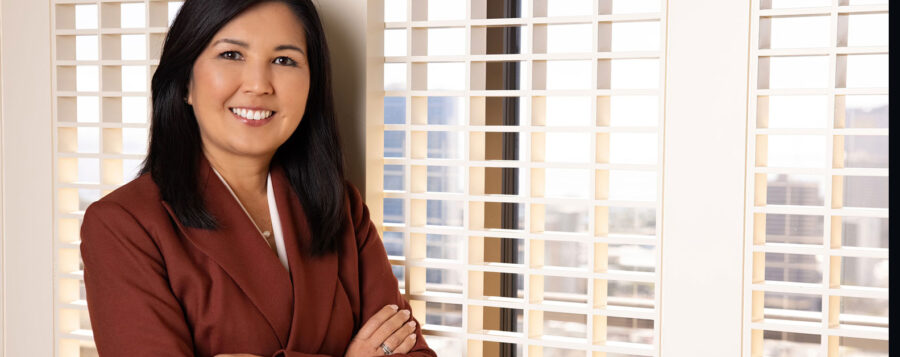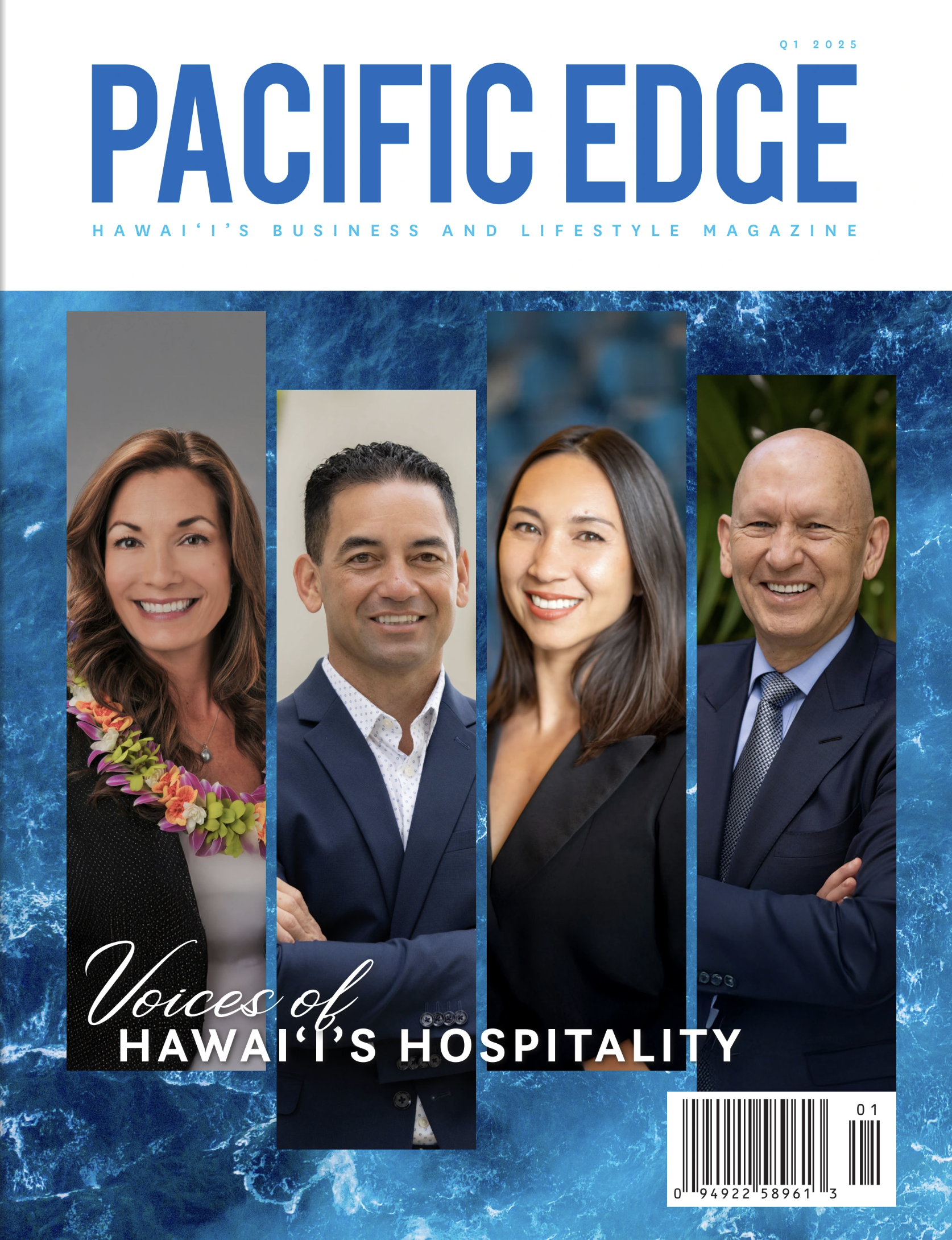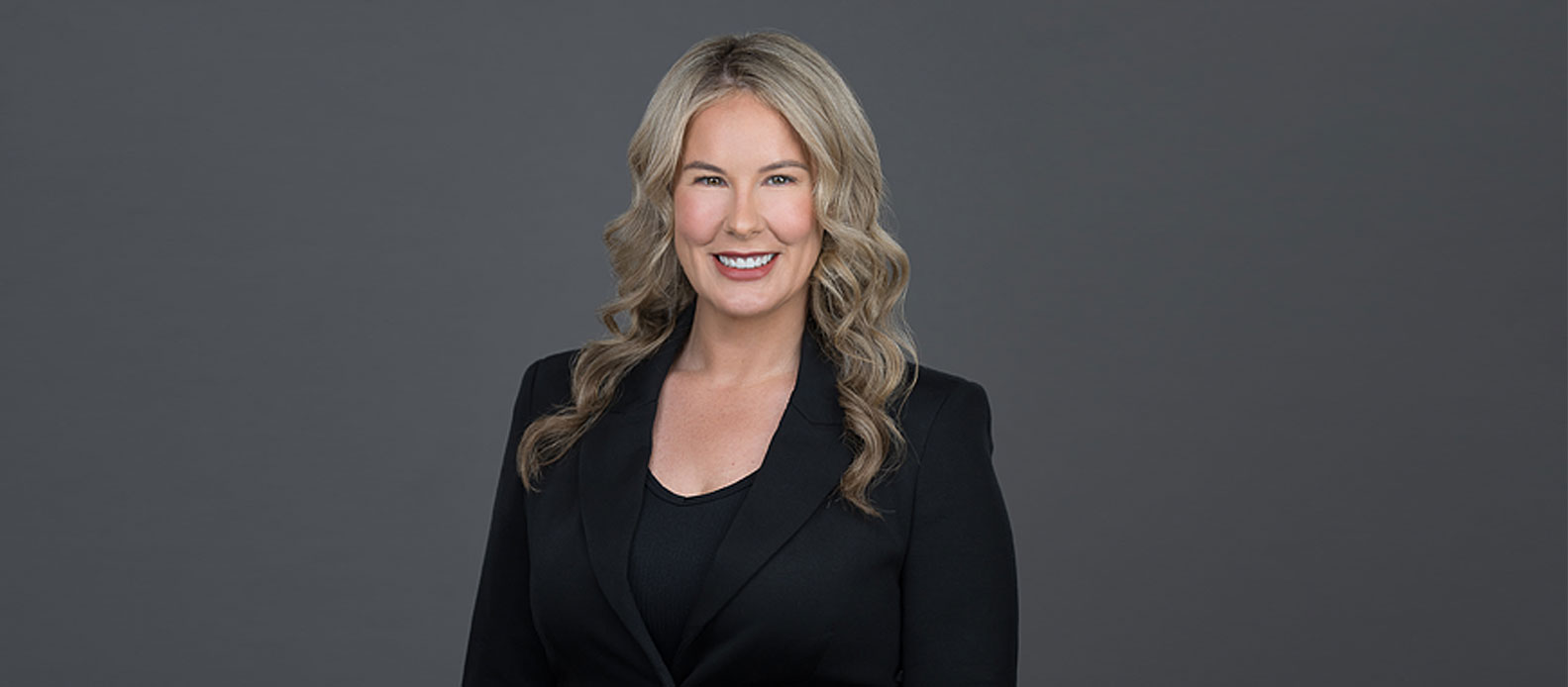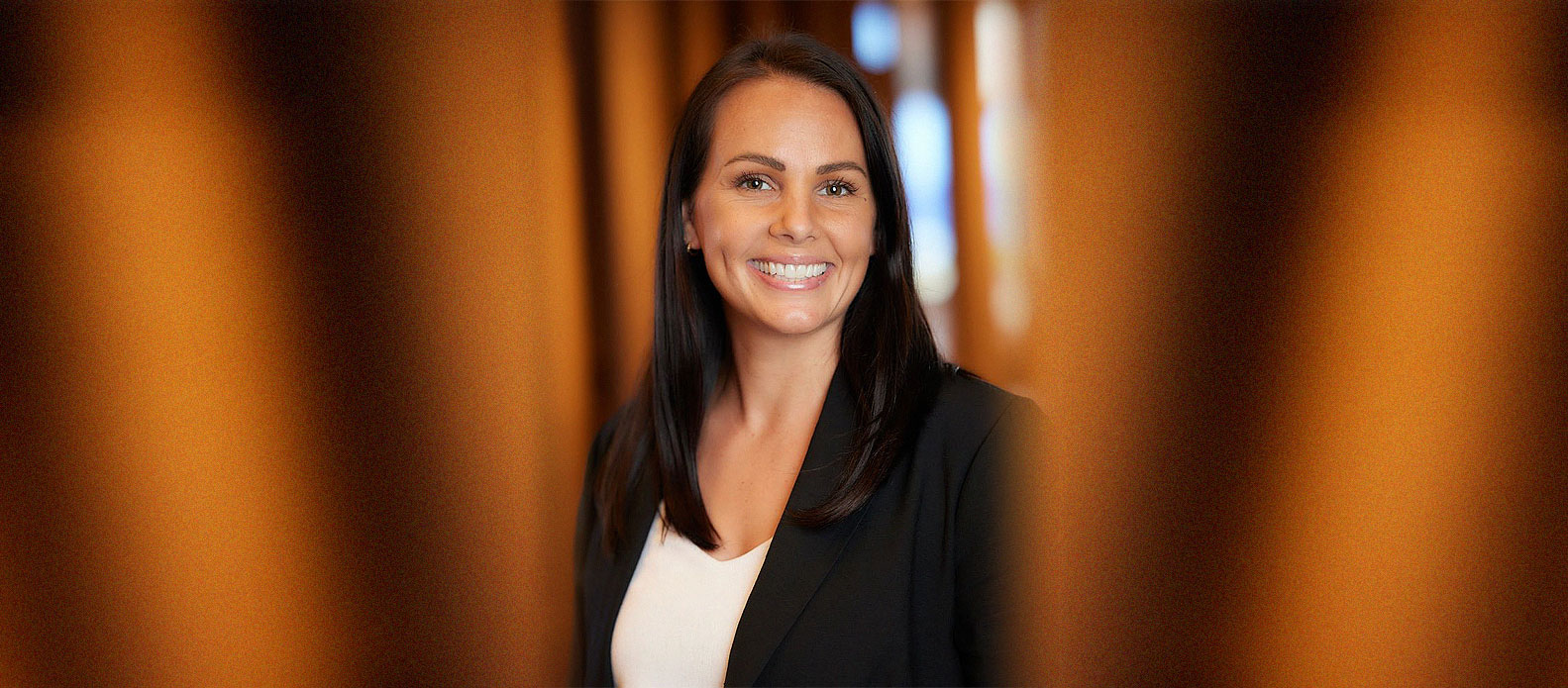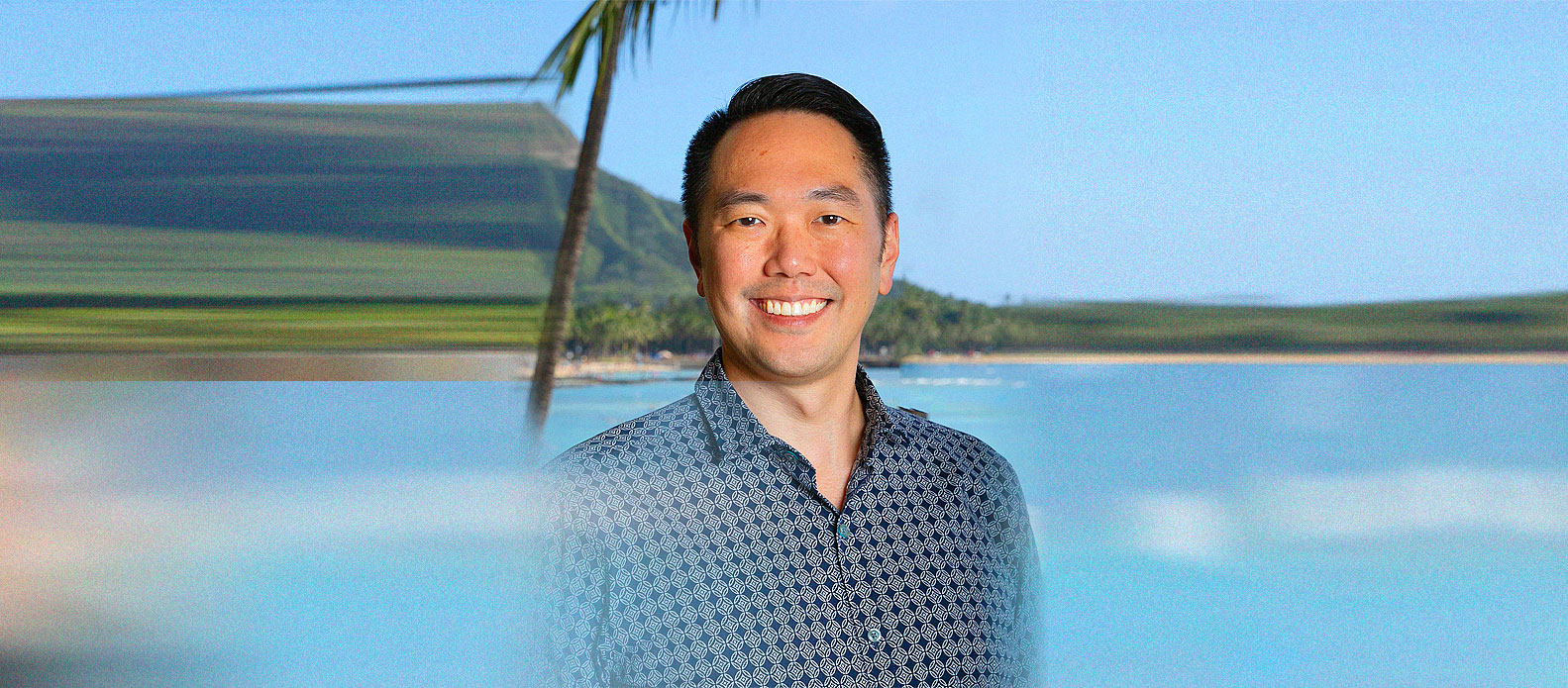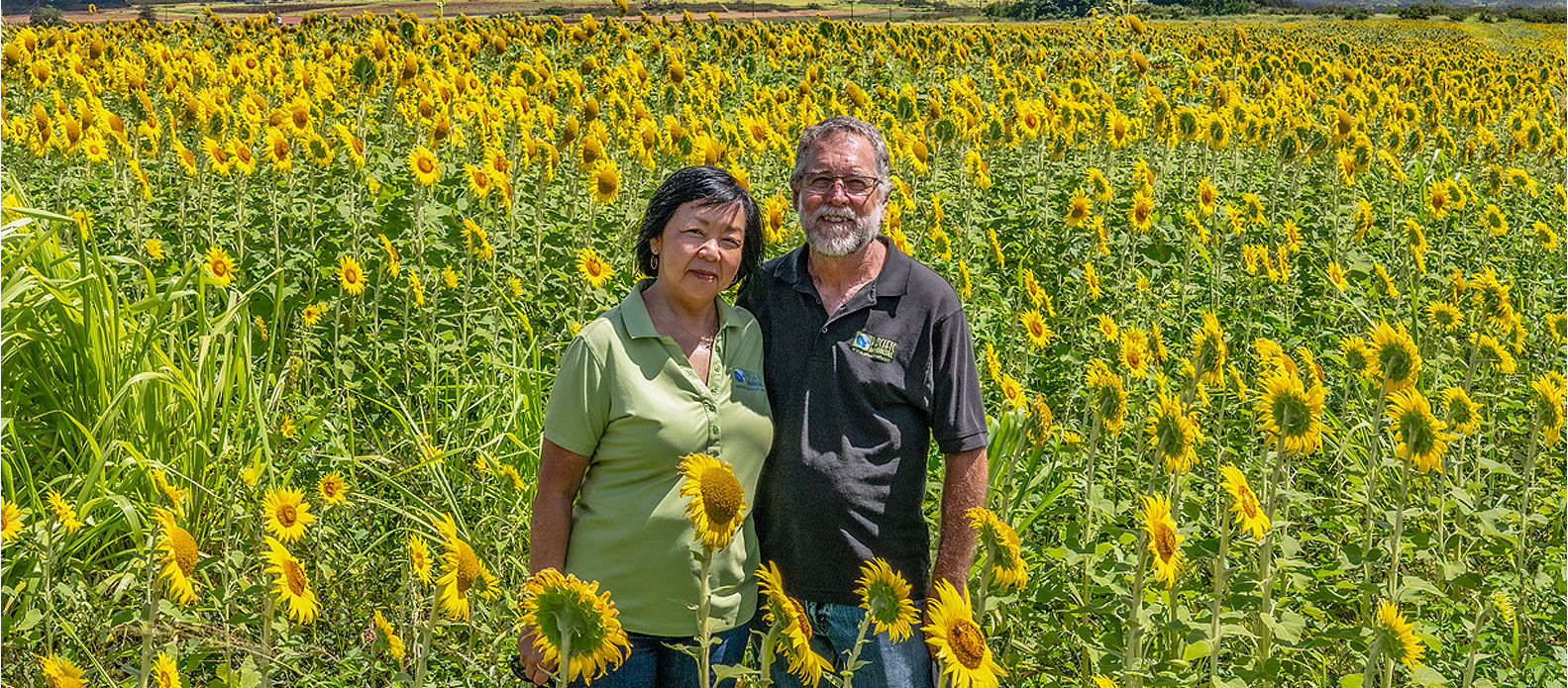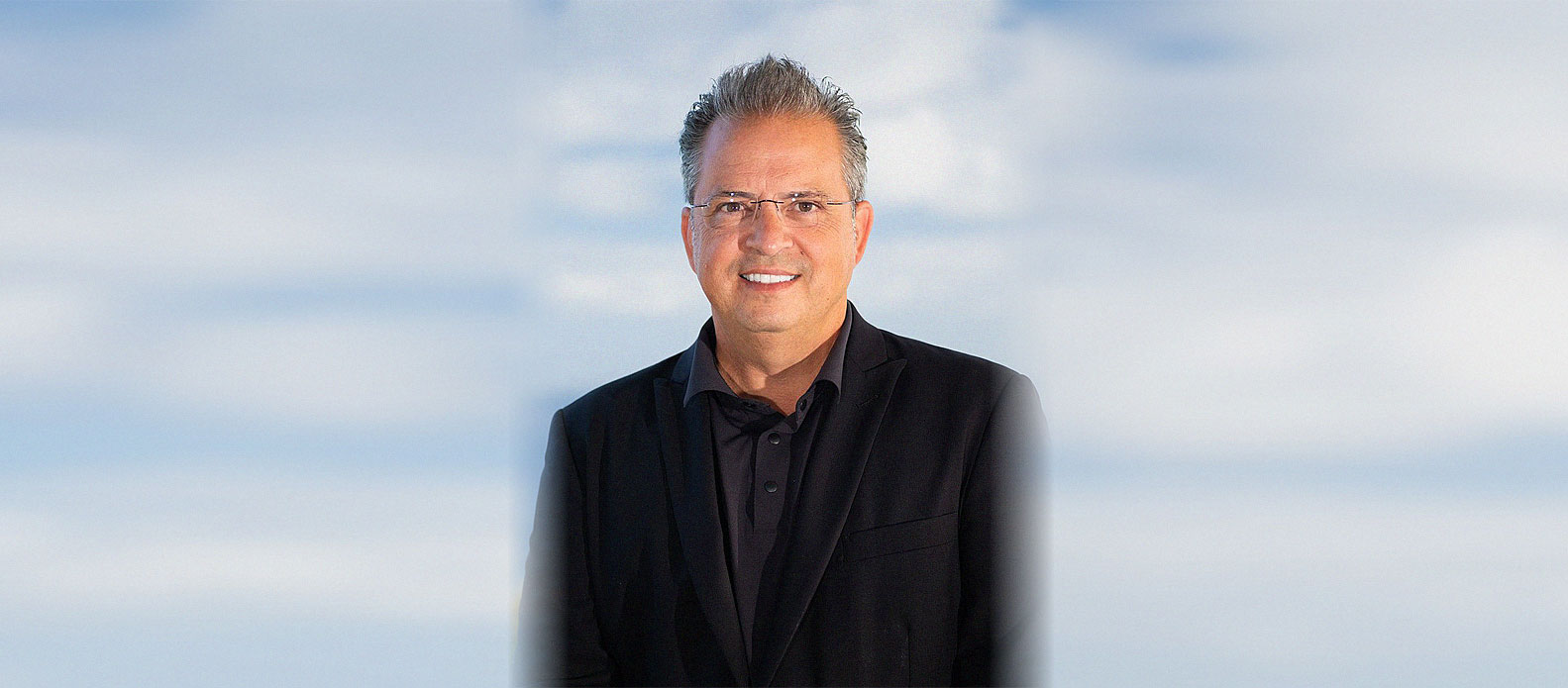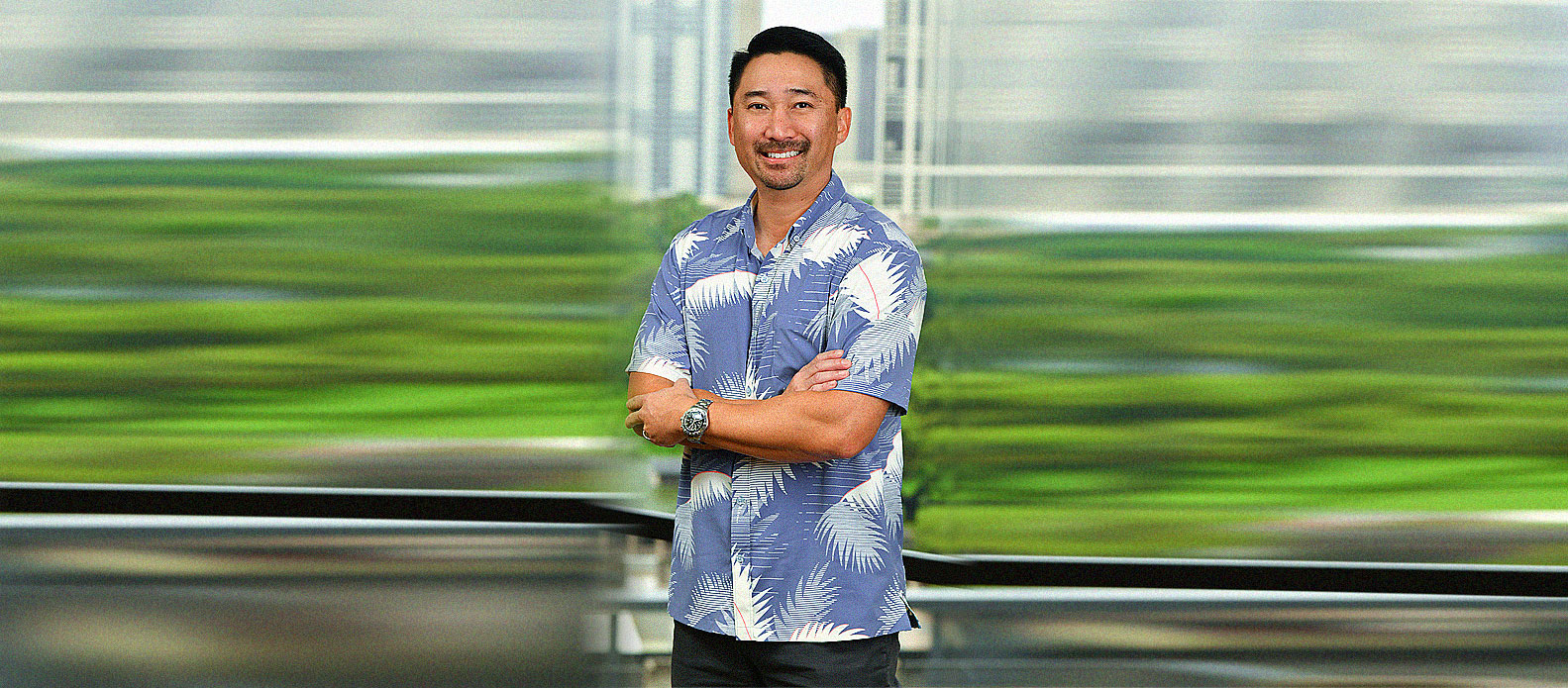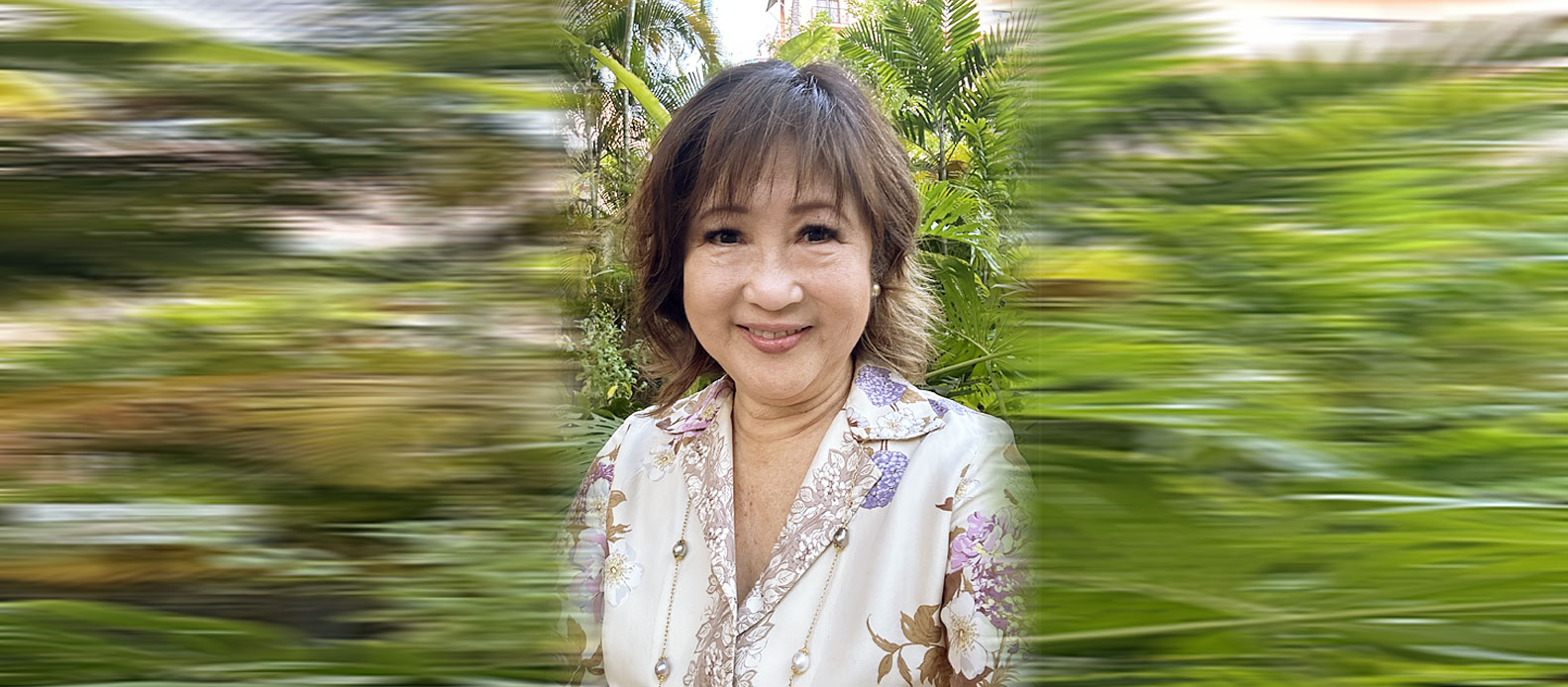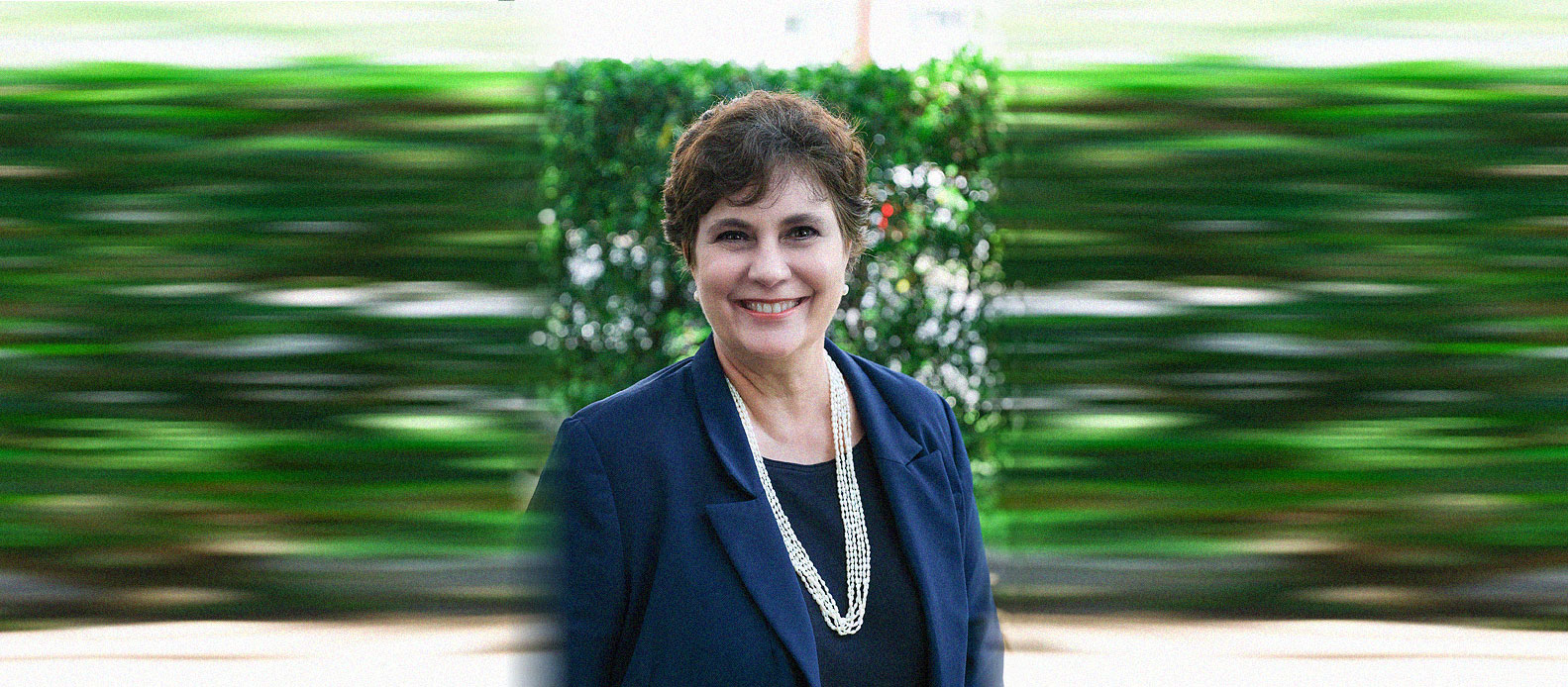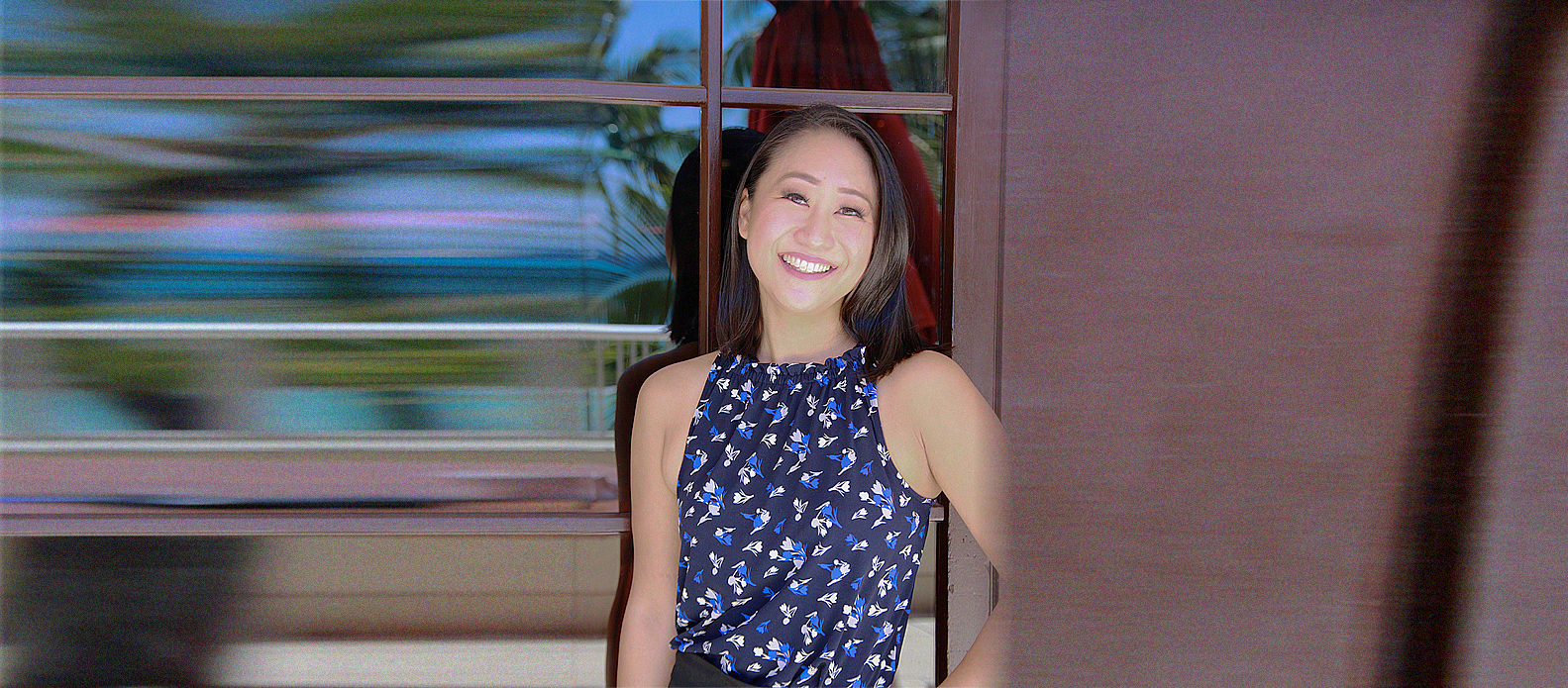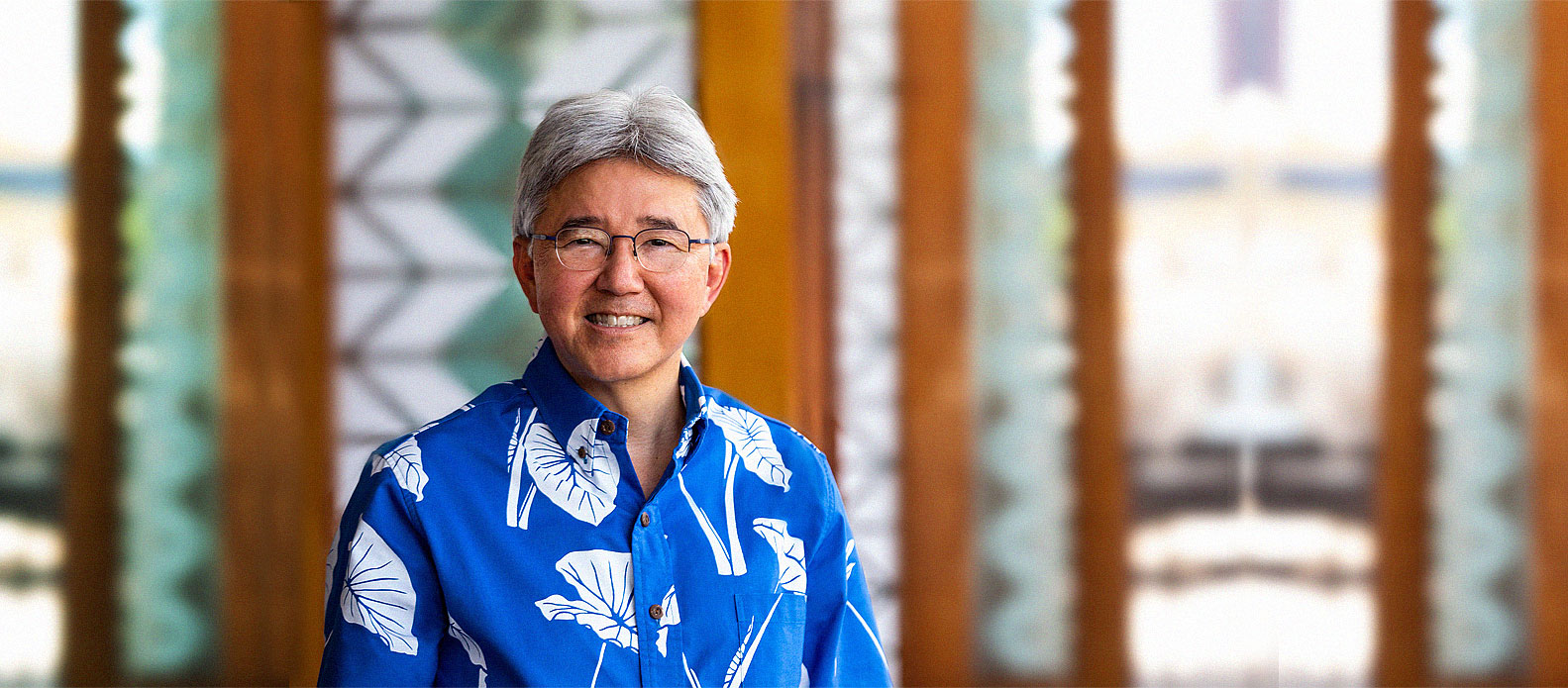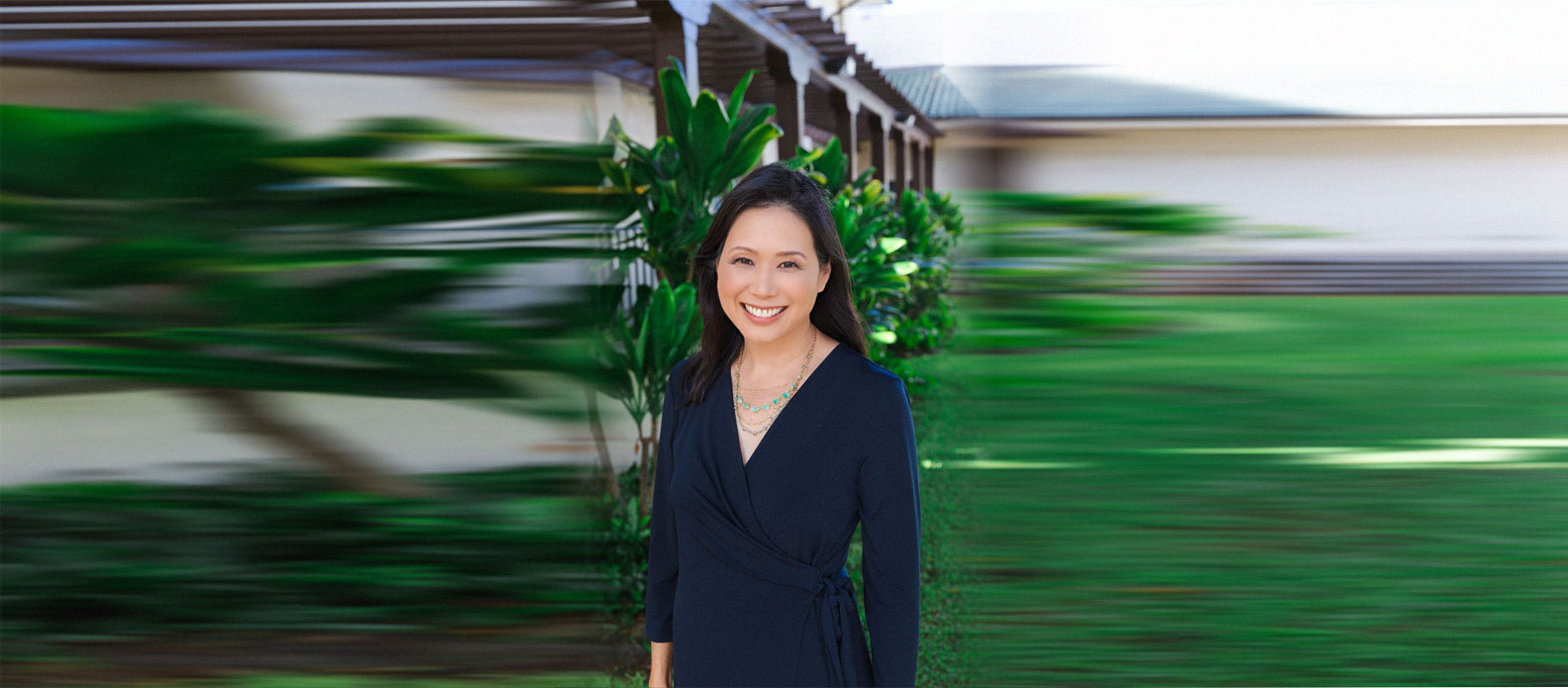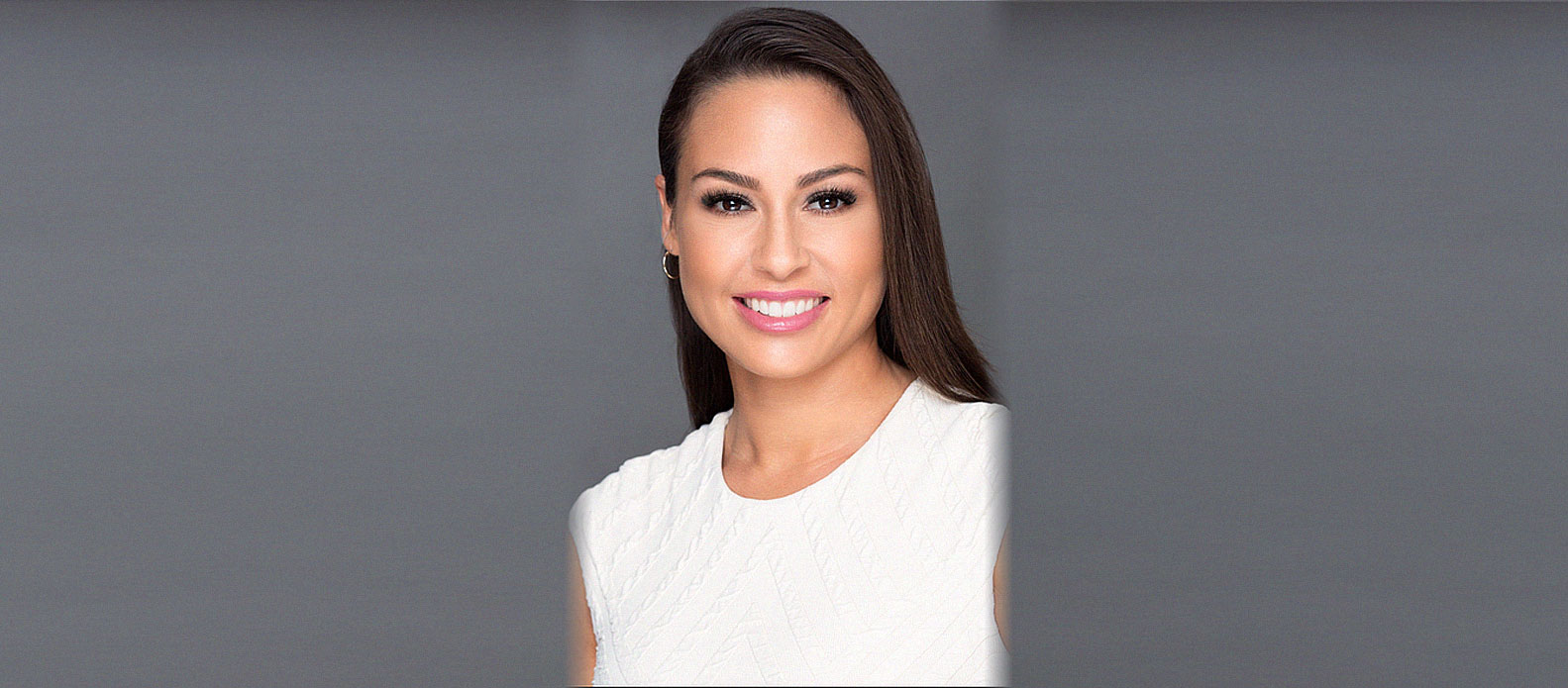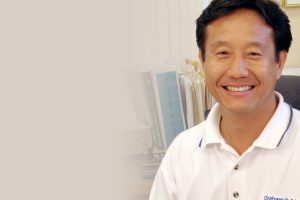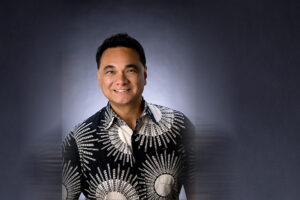President & CEO
Hawaiian Electric Company
In the next 10 years, what do you hope to see in your industry?
Nationally, the electric utility industry is starting to be looked upon as an important nexus for societal transformation to combat climate change—to both prepare for it and slow the current trajectory.
Hawai‘i has been moving in this direction for over a decade, and last year Hawaiian Electric voluntarily set a goal to reduce our carbon emissions by 70 percent by 2030. This goes beyond the U.S. economy-wide target of 50 percent. We see this as a down payment to kick-start the decarbonization of the rest of Hawai‘i’s economy. We have also proposed plans to improve the resilience of our grids to be ready for more frequent and severe storms.
However, on both fronts, everyone plays a part in the rate of success we will have because it requires alignment of public policy, customer choices and behaviors, community priorities and equitable and affordable pathways to get to the end goal. Everyone can be and must be a part of this and success means no one gets left behind.
In this decade, we all have to act, not just plan and study. We have a window of time to both change the course of climate change and prepare for what is already in motion, but science tells us time is running short. The key is that we all have to have the resolve to do our part and work together.
What do you love most about your job?
I love that I have the opportunity to lead Hawaiian Electric in this critical time, to work alongside others who inspire me every day and to work collectively toward a stronger and more sustainable future for Hawai‘i. We serve almost every family and businesses in Hawai‘i, and we have big goals to achieve that will improve the well-being of the people, economy, and natural resources of our state. That’s both humbling and fulfilling.
What are some of the biggest challenges facing your industry?
In Hawai‘i, one of the biggest challenges is we have many priorities with finite resources. For example, we need large-scale solar farms. We also need more affordable housing, agricultural lands so we can grow our own food and also land that’s preserved for conservation. That’s why we need to look at more holistic planning and at the big picture to find a way this all fits together rather than being limited by either/or choices.
What has been the biggest sacrifice you’ve made for your career? What has been the biggest reward?
Some would say that I have made sacrifices for my career, but I would reframe that. I have made sacrifices for the work that I believed could play a part in shaping Hawai‘i’s and my children’s future, outcomes that I thought had a meaning much bigger than the work itself. One of the greatest sacrifices I have made is time. I believe time is one of life’s greatest treasures and we must be very careful how we spend it.
At any point in your life, you want to be able to look back and feel good about how you spent your time. With that in mind, I often questioned the time I spent on work that took away from family time, yet always believing that my work was ultimately benefiting my family. The biggest rewards are actually the little hints in life that you’re making the right choices. A recent example is when I found out that my 18-year old daughter had to write an essay about her most inspirational teacher and it would be about “Mom.” Or when a young dad told me he shared my story with his daughter so she can see what’s possible for a local, public school girl. It’s those kinds of things that are the greatest rewards.
As you reflect back on your life and career, would you change anything personally or professionally?
I wouldn’t want to change anything, really. Everything happens for a reason. The mistakes I’ve made have shaped me, made me wiser, drove me to be better, and allowed me to laugh at myself even though some mistakes require a bit of time to get to that point! The many choices and decisions I make each day, especially after those missteps, define my long-term success in work and life.

